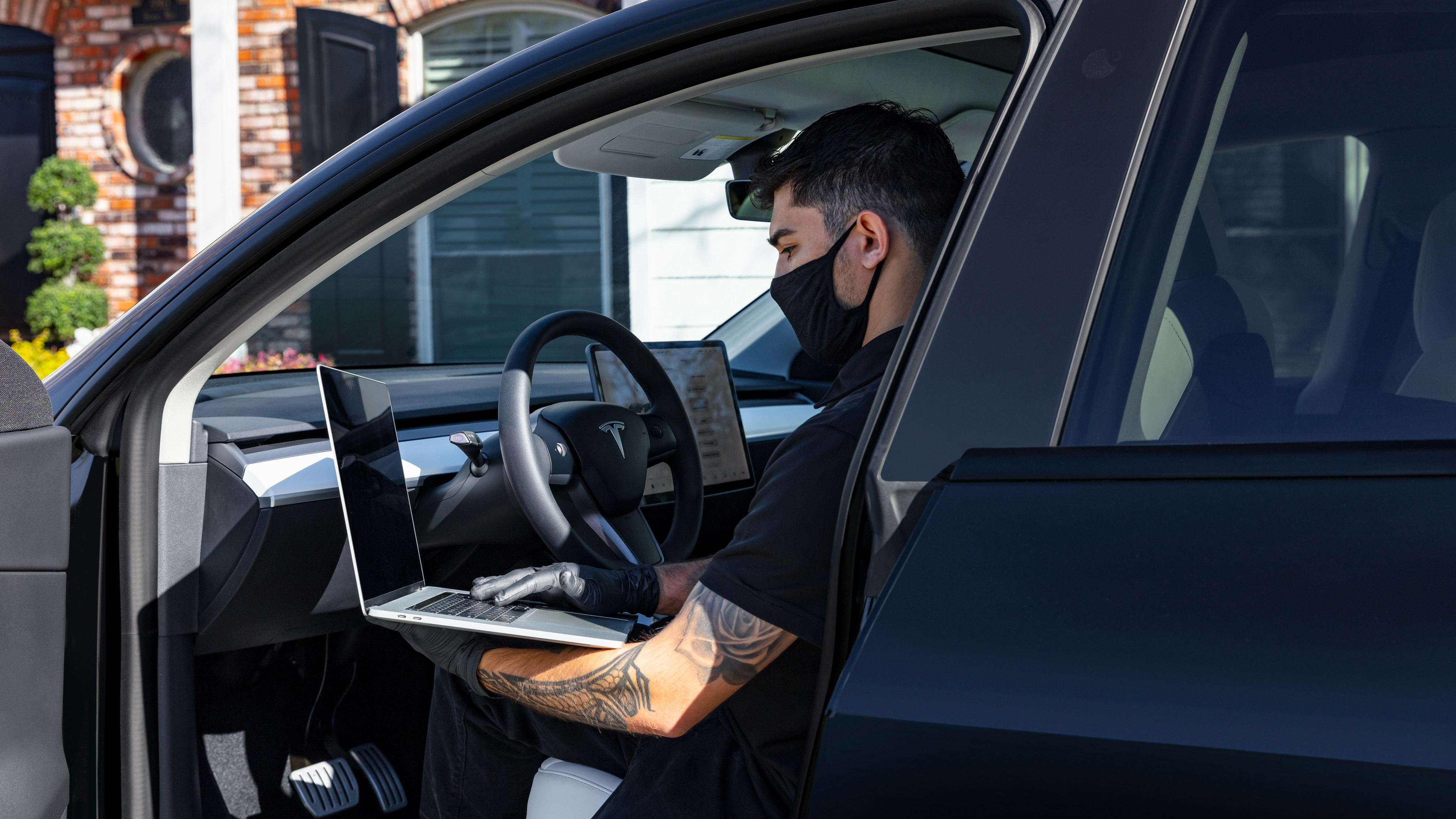54,000 Tesla EVs recalled as full self-driving mode ignores stop signs
Tens of thousands of vehicles recalled over FSD rolling stop function

Tesla is back in the news again, this time over a recall it issued for problems with its Full Self Driving (FSD) function.
The semi-autonomous driving assistant is currently in the public testing phase in the US, and the National Highway Traffic Safety Administration (NHTSA) has raised many questions on the system's safety and functionality. The latest issue has to do with FSD's ability to let drivers coast through four-way stop signs.
Tesla's FSD system includes a feature for rolling stops, which, as AP points out, is illegal everywhere. When approaching an intersection with all-way stop signs, FSD allows the vehicle to proceed through at up to 5.6 mph.
The recall covers Model S and Model X vehicles from 2016 through 2022, 2017-2022 Model 3 cars, and 2020-2022 Model Ys - totaling almost 54,000 vehicles. The recall will be handled using over-the-air (OTA) updates and will be issued early this month.
Government oversight
A prior problem with FSD was fixed using an OTA update outside of the confines of a formal recall process. When a recall is issued, there are various owner notifications, careful tracking, and documentation of the process.
Tesla's earlier fixes for FSD issues came directly from the automaker without government oversight using software updates. While both fixes involve a push to the vehicle through OTAs, oversight and a formal process are important to ensure the outcome is safe and actually fixes the problem.
That, as you might imagine, irked the NHTSA, leading to an investigation and healthy criticism from all but the most dedicated Tesla fans.
Get daily insight, inspiration and deals in your inbox
Sign up for breaking news, reviews, opinion, top tech deals, and more.
That's on top of problems with FSD and Autopilot that are being investigated for allowing Tesla drivers to crash into stationary emergency vehicles on the side of the road. Part of the issue in those incidents is the driver monitoring system that should force the human to take control of the vehicle if their attention wanes.
It's worth noting that FSD is still in beta, which means it's not ready for a full release. Still, Tesla allows select owners to participate in its testing program for the feature, all of which takes place in public, with untrained drivers, and without any real oversight from the automaker.
Rather than issue a haphazard software patch to remove the function, Tesla is proceeding through the formal recall process. Past issues with FSD were handled without a recall, leading to questions from the NHTSA, so the move to formalize the process is at least a step in the right direction.
Via AP News

After working in the technology and software industry for several years, Chris began writing as a way to help people outside of that world understand the sometimes very technical work that goes on behind the scenes. With a lifelong love of all things automotive, Chris turned his attention to writing new vehicle reviews, detailing industry trends, and breaking news. Along the way, he earned an MBA with a focus on data analysis that has helped him gain a strong understanding of why the auto industry’s biggest companies make the decisions they do.